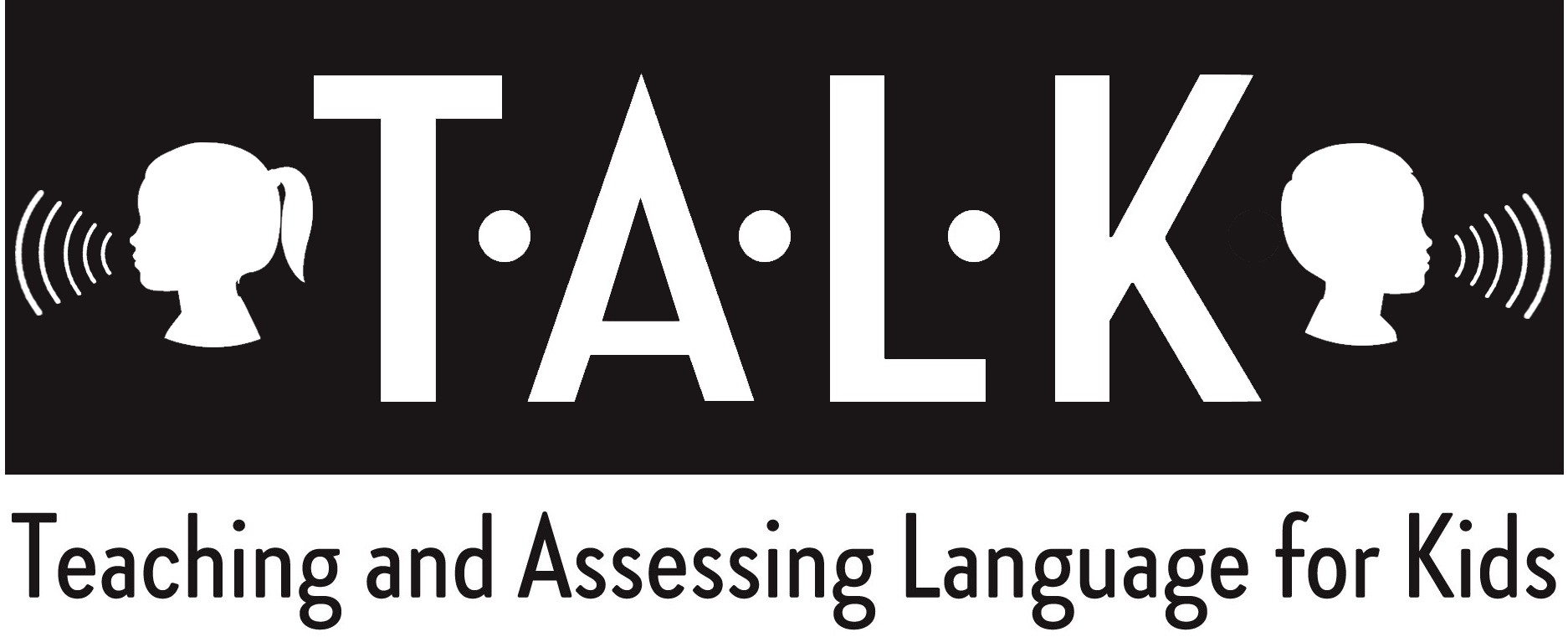Reading to Your Kids
We’ve all heard that reading to your children is important, but just why is it so important?!
Reading to your children helps with so many areas of development! Through story time with their caretakers, children learn many important prereading skills, such as the understanding that sounds and letters make up words and that words have meaning; that print goes from left to right, and that words are separated by spaces. In addition to prereading skills that impact future reading success, reading to your kids also helps with:
Sustained attention
Cognitive development
Vocabulary
Language comprehension
Sequencing
Storytelling and narrative formulation
Phonics
Tips for Reading with Your Kids
There really is no wrong way to read to your kids! But, we’ve narrowed down a few tips and tricks to share.
Make reading part of your daily schedule: read with your kids every morning or every night, or even every afternoon if that’s what works best for your schedule! The key here is to make it part of the routine so that it doesn’t get skipped or forgotten!
Take your kids to the library (or virtual library; YouTube has a great selection of read-along books) and let them help you pick out books: get your kids involved in the book selection process! They might be more excited for story time if they got to help choose the books.
It’s never “too early” to read to your kids: there is no minimum age requirement to reading to your kids! Reading to your baby can help develop a special bond between the two of you and gets them more familiar with the sound of your voice. On the flip side, there is no age you should stop reading to your kids either. Even once your children are fluent readers, it is still beneficial to continue to read to them (and have them read to you!).
Make it fun: this one seems obvious, but using silly voices while reading can help keep your child engaged while listening to you read. Teaching kids that reading is fun can help instill a love of reading from an early age.
Ask them questions about the book: stop periodically to ask comprehension questions. You can ask questions like, “where did the boy go?” or “what did the dog see?” If they don’t know the answer, give choices or hints so they can be successful!
Reading to your children should be an enjoyable experience for you and them! Happy reading!
